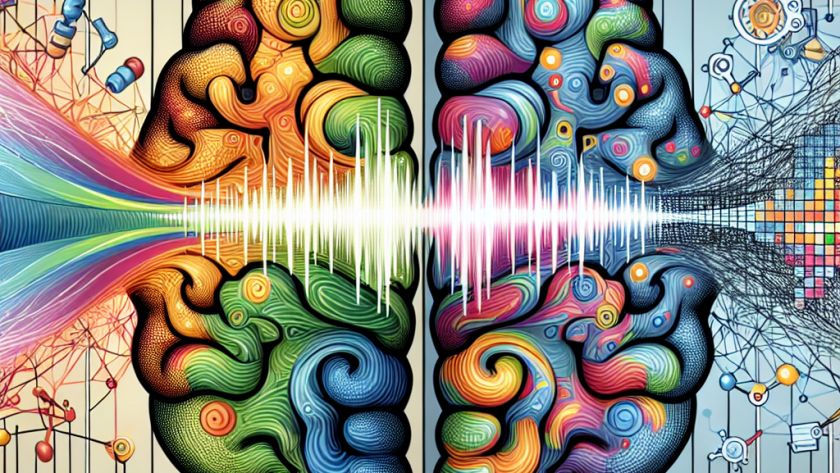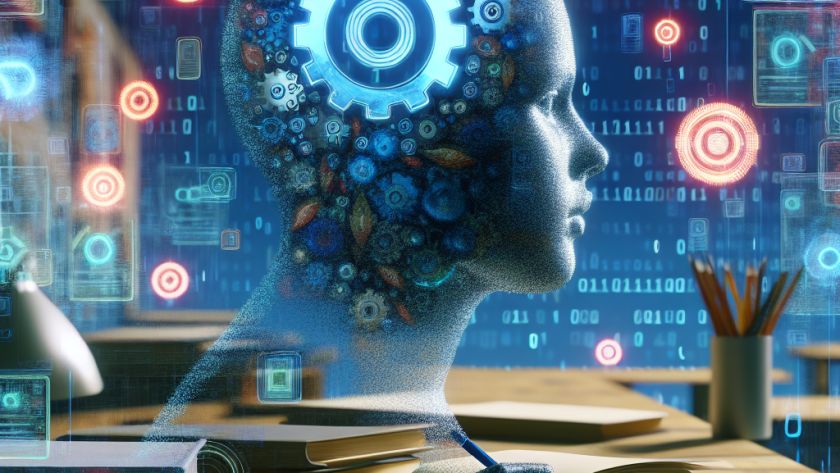AI technology is radically changing the face of modern warfare, posing serious questions about human control, ethical implications, and the potential for escalating conflicts. Leading nations including the US, Ukraine, Russia, China, and Israel are engaged in an AI arms race, using autonomous drones and predictive targeting algorithms to reshape the nature of combat. The…












